|
There's a social media platform out there helping transform lives and strengthen communities. But it's not Facebook or Twitter (these may be helping too); I'm talking about MicroMentor, the world's largest online business mentoring program. It's run by Portland-based non-profit Mercy Corps.
On this episode of the podcast we chat with Mikaila Belk about the work her organization is doing to connect entrepreneurs and business mentors around the globe. By facilitating genuine connections among small business owners, previously-successful entrepreneurs, and hard-working hopefuls, MicroMentor helps people grow their businesses and improve the economic status of their communities, all through the power of mentorship. Did you know mentored entrepreneurs create twice as many new jobs as those who go solo? Mentorship can lead to the productive exchange of advice, help us think through our own ideas, broaden our networks and create positive connections where they didn't exist before. Check out MicroMentor's website to learn more about their work and scroll down to their blog (Mikaila's favorite) to have a look at a few recent success stories. Enjoy--
0 Comments
On this episode of the podcast, Anushka Khasnobish talks to us about her research using saliva samples to aid in the early detection of certain diseases. Based on the composition of microbes in one's saliva, researchers can now say with increasing levels of accuracy whether or not someone is experiencing the kidney disease IgA Nephropathy (or Berger's disease). Her work is helping drive these developments in microbiology and medicine. But that's not all it's doing - turns out, there's a lot your saliva can say about you. Learn more by listening in to our full conversation. About Our Guest
Anushka Khasnobish is a creative writer wandering in the maze of science of little things called “microbiology”. As a doctoral researcher, she is currently looking at the relationship between human health and the little microbe friends in our saliva and how health experts can utilize this relationship for therapeutic purposes. She is a curious child trapped in an adult body and this curiosity fuels her work. She is a strong believer of destiny which is reflected in her creative blog, “Maktub." You can get in touch with her on Twitter and LinkedIn. This is a guest post featuring the Useful Science Podcast, which is produced in collaboration with the Morehead Planetarium and Science Center in Chapel Hill, NC.
Useful Science is a website that posts one-sentence summaries of scientific research relevant to your everyday life.
They also publish a biweekly podcast designed that takes a deeper dive into interesting science topics guided by a rotating list of hosts with varying areas of expertise. With over 40 episodes and a thousands of article summaries, the Useful Science archive is a treasure trove of information on topics like the science of love, smartphones and sleep, organic beef, pets, temper tantrums, productivity, nature therapy, and many, many more. In the episode featured here, Cameron, Duncan, and Susan discuss the many benefits of dogs on our well-being. In one example, researchers in Canada found that therapy dogs can positively impact patients’ experiences in stressful hospital settings plagued by long wait times. And in an observational study of families with young children, researchers found that pre-schoolers who played with the family dog three or more times per week displayed fewer conduct problems, and more prosocial behaviors, compared to children who had little or no dog-time in their lives. Listen to the full episode below, and check out the Useful Science website for more succinct science summaries and podcasts.
Keywords: security, crime detection, police training, visual search, nonverbal cues, forensic psychology.
Learn more about the contents of this training by visiting www.secondsight-ts.com.
Our Guest:
"Dr. Meehan led the JDLR Project research team while he was a Social Scientist at the United States Naval Research Laboratory’s (NRL) Adversarial Modeling Exploitation Office. At the NRL, he also successfully managed a variety of short- and long-term projects for the Department of Defense, the Department of Justice, and the Department of Homeland Security on topics ranging from crime analysis to the development of web-based research platforms for visual search. He earned his Ph.D. at the School of Criminal Justice at the State University of New York Albany. Dr. Meehan is also a Certified Law Enforcement Analyst and worked as the Lead Crime and Intelligence Analyst. As an analyst, he also assisted on an FBI Operation Safe Streets (OSS) Taskforce targeting violent gang members." Read Second Sight's COVID-19 Guide for Law Enforcement and Security Personnel.
Keywords: social norms, marketing, persuasion, behavioral intervention, prosocial behavior, solar panels, leading by example
On this episode, we learn how Gordon and his colleagues leverage social norms and general psychology to identify which factors are most likely to persuade Americans to adopt solar panels for home energy use. Check out more about Gordon through his website: https://about.me/gordon.krafttodd Social Norms Approach to Marketing https://en.wikipedia.org/wiki/Social_norms_approach Diffusion of (Moral) Innovations https://en.wikipedia.org/wiki/Diffusion_of_innovations
Keywords: public administration, technology, innovation, coproduction, crowdsourcing, community governance, equitable provision of services.
Ben Clark is an Associate Professor in the School of Planning, Public Policy and Management at the University of Oregon.
Keywords: music, physiology, eye tracking, phase locking, absorption, motor behavior, social synchrony, technology, feeling in the groove.
On this episode, we discuss the relationship between music and human physiology, and highlight some interesting findings from Lauren's dissertation work at UC Davis (see video below for a taste of what's to come). About the Guest: Lauren Fink holds a PhD in neuroscience from the University of California, Davis, where she was supervised by Dr. Petr Janata. Previously, Lauren attended the University of Cincinnati College–Conservatory of Music, where she studied with Allen Otte of the Percussion Group Cincinnati and earned her Bachelors of Music in percussion performance. Lauren also holds an M.Phil. from the University of Cambridge, where she conducted research in the Center for Music & Science and was supervised by Dr. Ian Cross. Lauren has been a visiting researcher at the Swartz Center for Computational Neuroscience, the Stanford University Center for Computer Research in Music and Acoustics, and the Max-Planck-Institute for Empirical Aesthetics. She was the scientific co-chair of a Conference on Music and Eye-Tracking and a guest editor of a Special Issue on the same topic for the Journal of Eye Movement Research. In addition to her research, Lauren leads a neuroscience diversity initiative: SOMA: Seminar Outreach for Minority Advocacy. She also volunteers with non-profit organization Girls Rock Sacramento and serves on the peer review panel of the California Arts Council. Soon, Lauren will be moving to Frankfurt, Germany for a postdoctoral fellowship at the Max Planck Institute for Empirical Aesthetics. Learn more about her on her website: https://lkfink.github.io
Keywords: moral behavior, whistleblowing, cultural psychology, corruption, trust in authority, reporting of transgressions, individualist-collectivist cultures
On this episode we discuss how cultural factors can encourage or discourage the reporting of transgressions (that is - tattling - speaking up about someone's crime, calling out cheating in school, or bullying/harassment at work). We also touch on how certain incentive strategies like rewards and punishments designed to encourage the reporting of transgressions might work better in some cultures than others. For instance, offering individual rewards like money to someone who reports bad behavior may be more effective in individualist cultures (typical of the United States) compared a collectivist culture (typical of East Asian countries like China, and some South American cultures, like in Argentina, where our guest is from). The website below shows where different countries rank along these different aspects of culture (individualism, power distance, masculinity, etc.). This map is not a perfect guide for every situation, but it is an easy and fun way to compare among different countries simultaneously. www.hofstede-insights.com/product/compare-countries/ I hope you enjoy my conversation with Tamara!
Keywords: space exploration, microbes, alien life, holographic microscope, astronomy, Europa, medical technology, clean water.
NASA Mission to Mars 1978 Mishap: During the episode Carl mentioned that NASA is leery of making big claims about finding extraterrestrial life due to controversy surrounding a mission in the 70s that initally (mis)interpreted bio-signatures and later retracted certain claims. The mission was known as Viking Lander. https://en.wikipedia.org/wiki/Viking_lander_biological_experiments UPCOMING MISSIONS TO KNOW ABOUT Clipper: https://en.wikipedia.org/wiki/Europa_Clipper Lander: https://en.wikipedia.org/wiki/Europa_Lander_(NASA) |
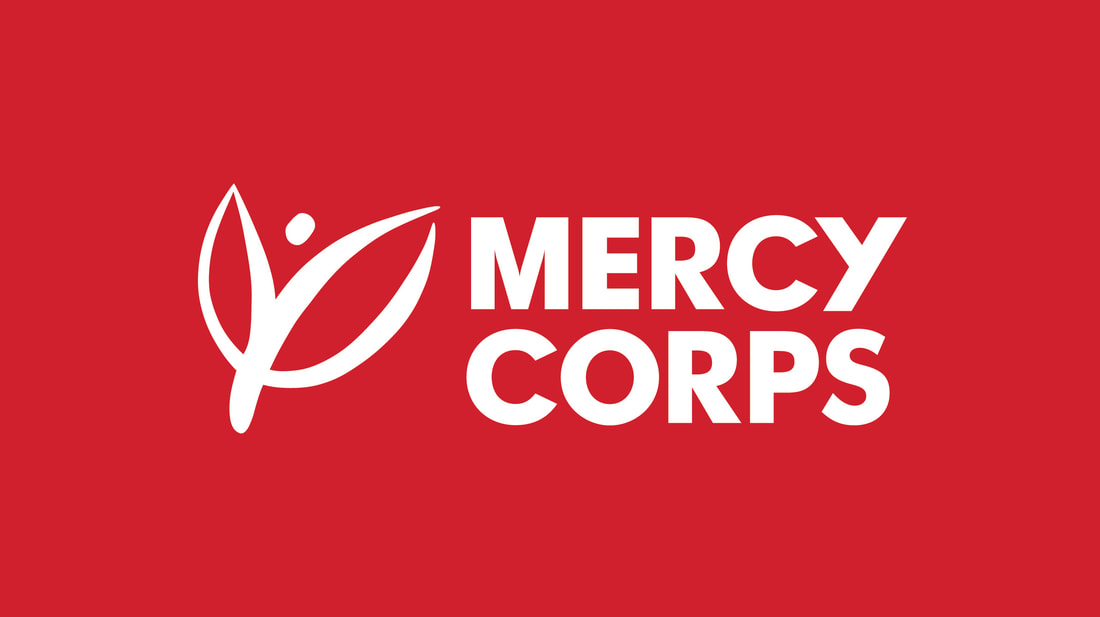

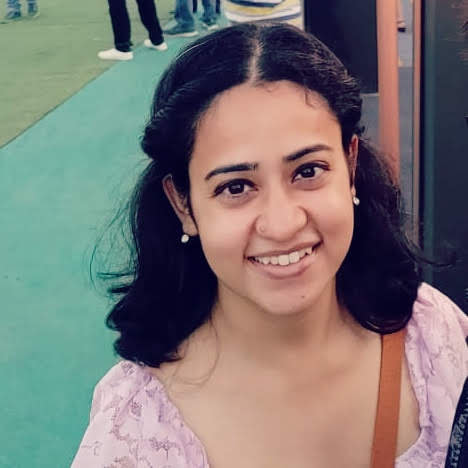
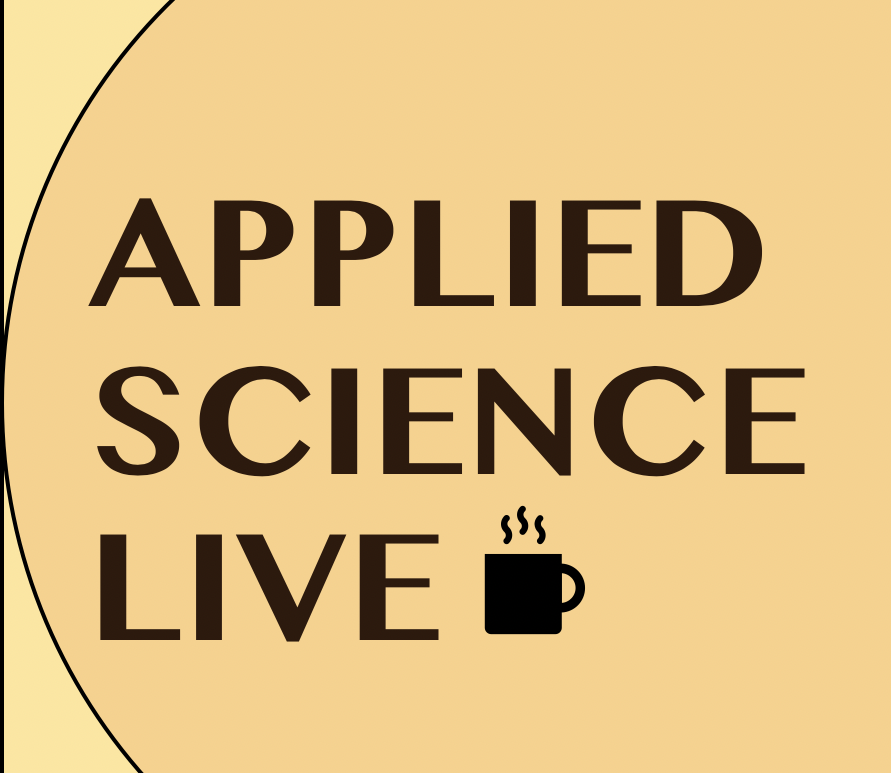

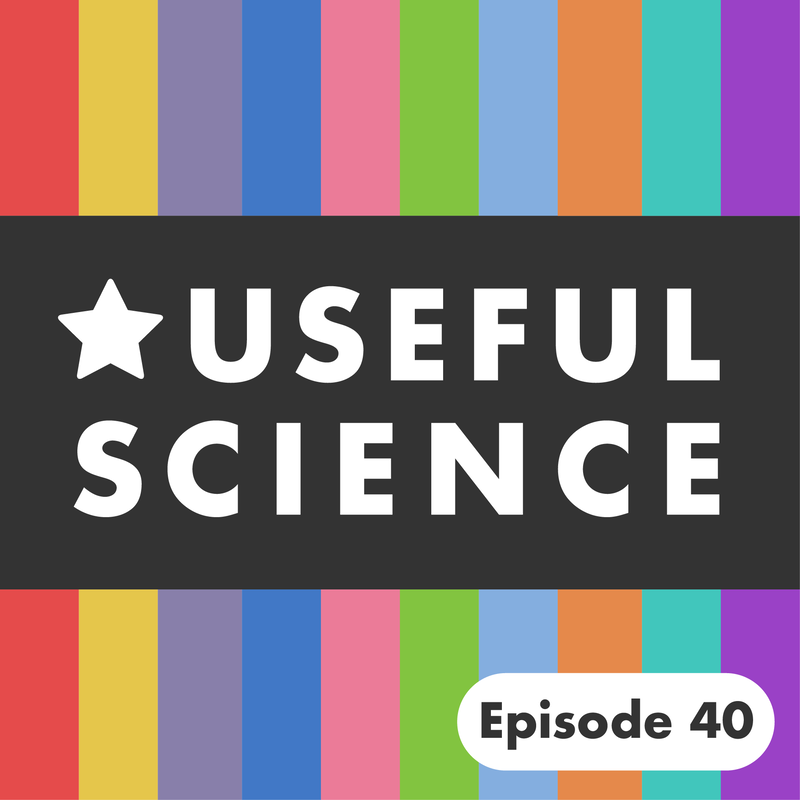
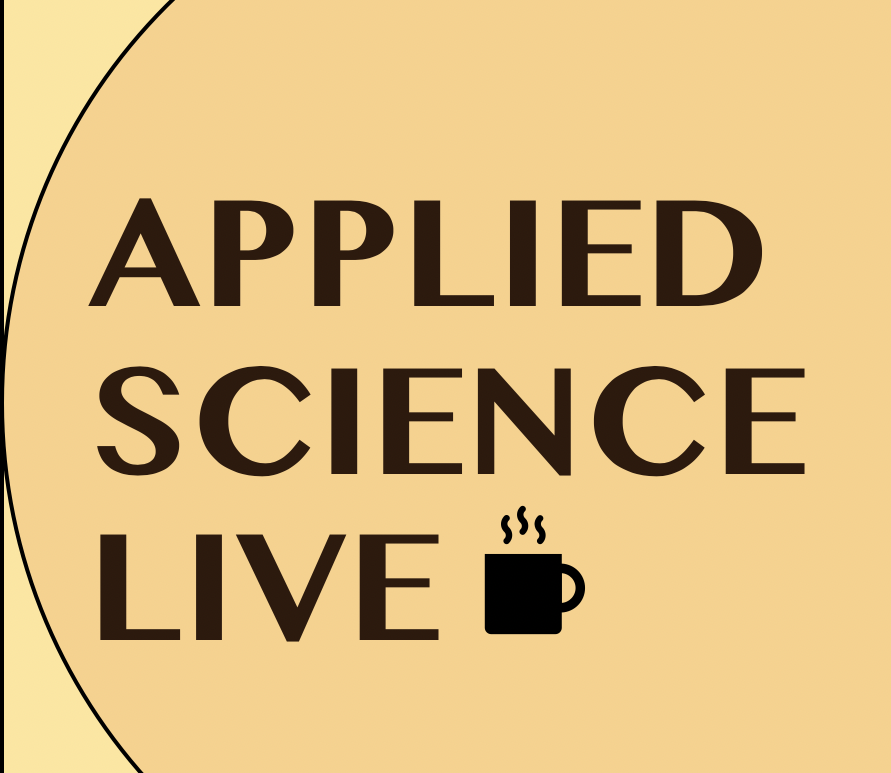

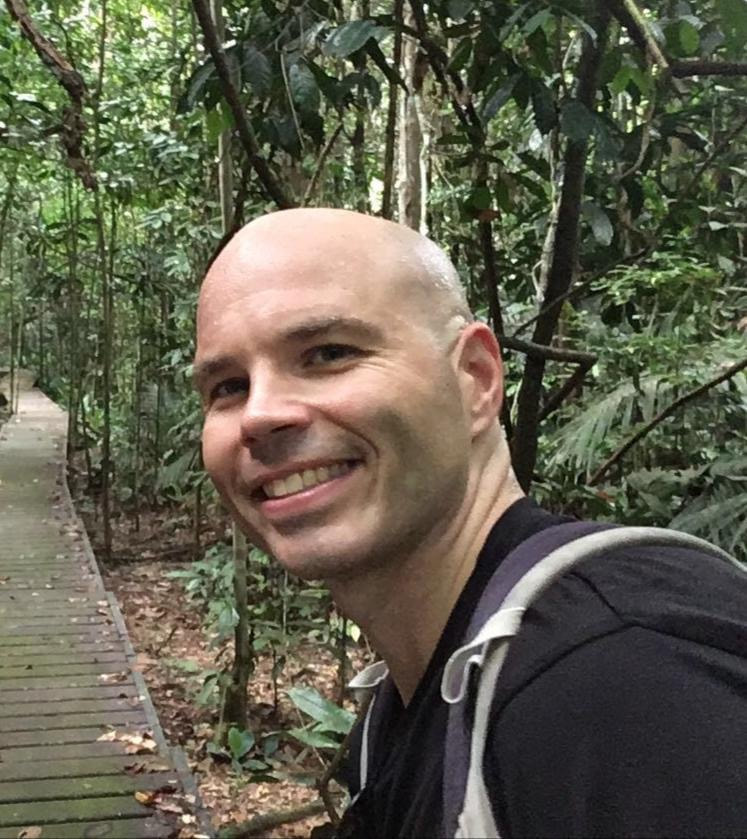




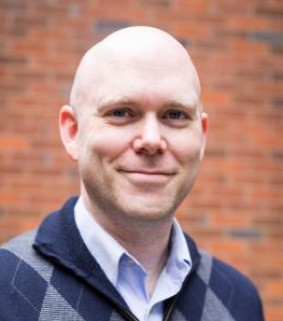
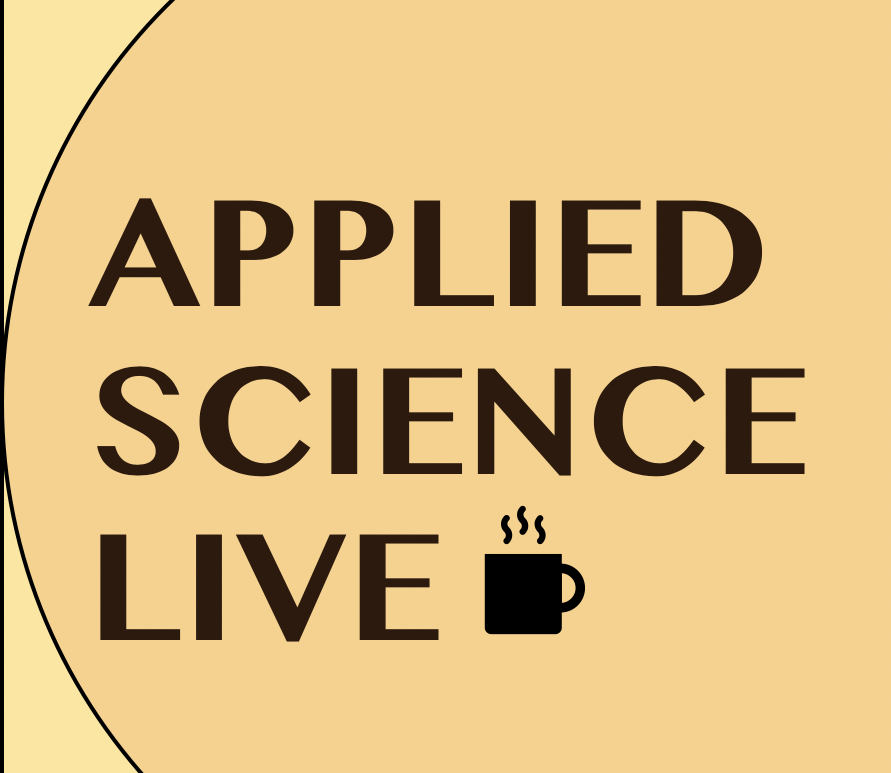






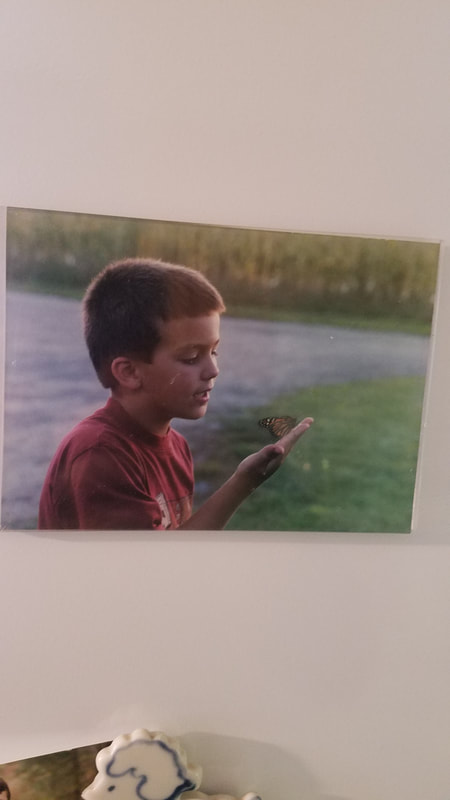

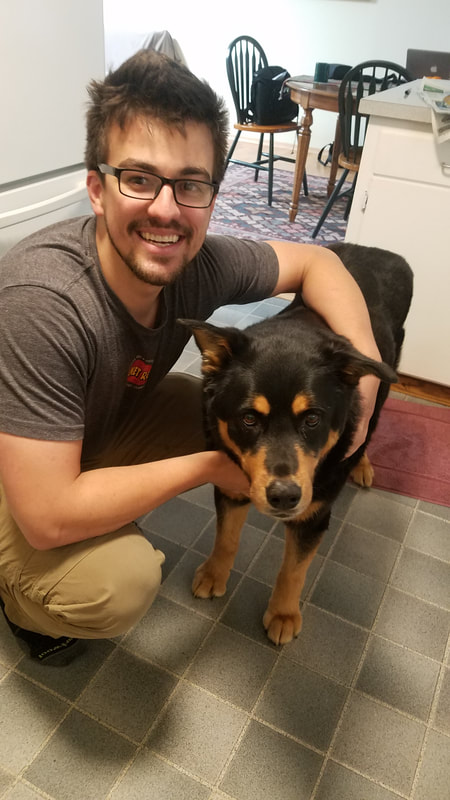
 RSS Feed
RSS Feed